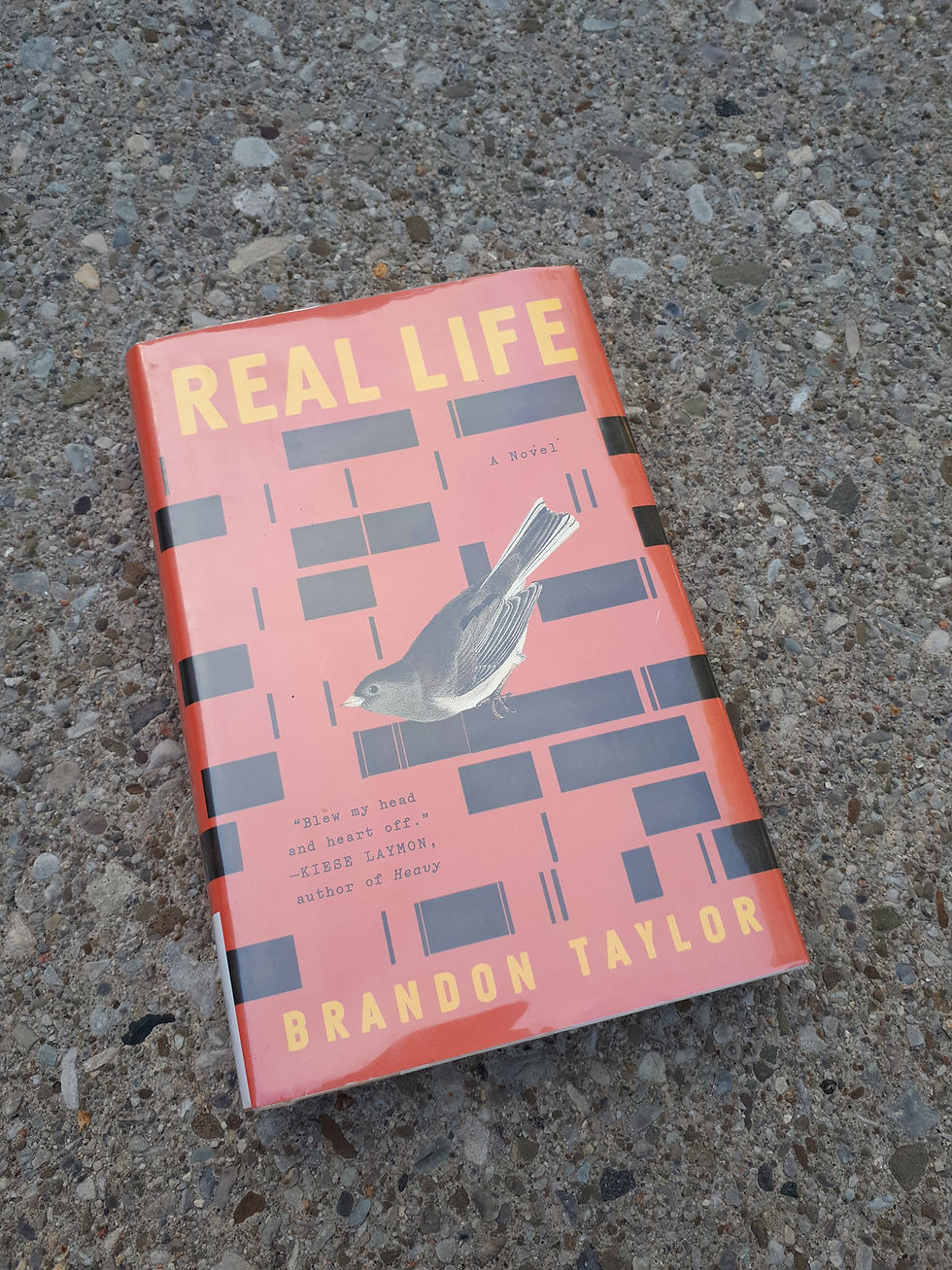Preparing for Truth and Reconciliation Week
- Lindsay Core

- Sep 27, 2021
- 2 min read
On September 18, 2021 we offered a free training session called "Having Difficult Conversations". This training was intended to support educational professionals to have conversations in their classrooms about Truth and Reconciliation.
The training was offered as an affinity space for educators to practice reflecting on their own journeys in a brave space. In preparation we asked participants to watch Pam Palmeter's TVO video Why do Indigenous Topics Cause Such Emotional Discomfort?
In the training for white educational professionals there were three key reflections that we examined:
1. Our opening discussion prompt was:
How did you as an individual and/or your family come to be in Canada? How comfortable are you in thinking about yourself as a white, settler-Canadian and connecting your history to the history of colonization in Canada?
2. Whether spoken or unspoken, stereotypes and biases emerge in subtle and not-so-subtle ways in conversations we have had or might have about truth and reconciliation with our students and with other people in our lives. To keep reflecting, consider:
How do you prepare yourself to address stereotypes and prejudices as they arise?
How ready are you to have conversations about truth and reconciliation?
What can you do to be better prepared to have these conversations?
3. We modelled the following commitment statement:
I commit to [ACTION] because [RATIONALE] in order to [IMPACT].
We also used an activity developed by Learning for Justice called Difficult Conversations: A Self-Assessment that lead us through a reflection about having difficult conversations. It's a good exercise because it asks us to "list three vulnerabilities you worry could limit your effectiveness and three strengths you believe will help you to lead open and honest dialogues. Finally, list specific needs that, if met, would improve your ability to facilitate difficult conversations."
Please feel free to use any of these reflections to help support having conversations with students and others within your communities during Truth and Reconciliation Week, September 27-October 1 and throughout the year.





Comments